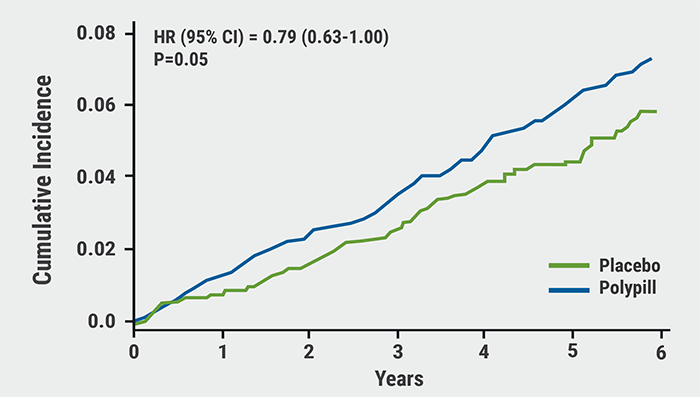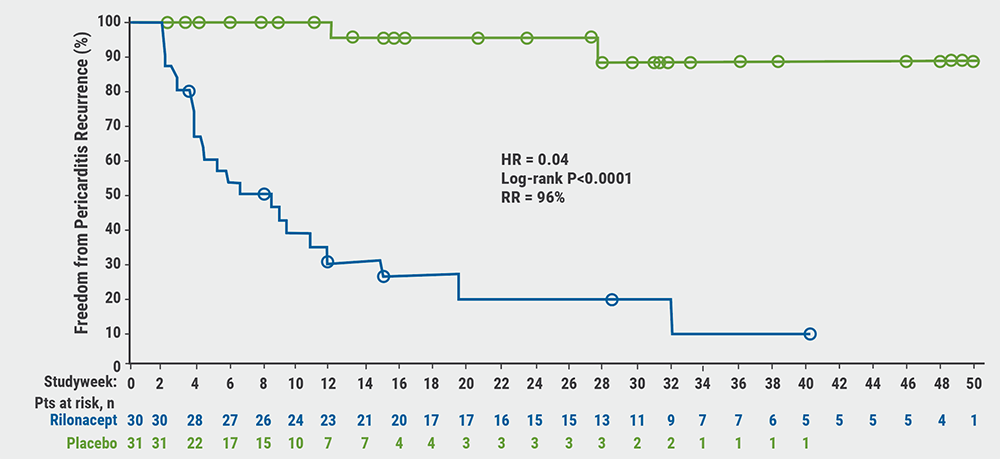Dr Kara Denby (Cleveland Clinic, USA) presented the study aiming to identify the baseline cardiovascular risk of transgender individuals presenting for gender-affirming care from a multidisciplinary transgender programme. Transgender people were included if they had not yet initiated GAHT. Collected data included demographics, medical history, vitals, medications, and laboratory results. The ACC/AHA ASCVD and QRISK3 CV risk scores were calculated for all participants without documented CV disease.
Included were 427 participants. Their mean age was 26 years, mean BMI was 29.3 kg/m2. Sex assigned at birth was 238 (55.6%) male, 186 (43.5%) female, and 4 (0.9%) intersex. Gender was 172 (40.2%) men, 236 (55.1%) women, and 20 (4.7%) non-binary. Of the subjects, 237 (55.4%) had a chronic medical condition. The incidence of undiagnosed hypertension and hyperlipidaemia was 6.8% and 11.3%, respectively; of these cases, only 64.4% and 24.1% were on appropriate therapies. Mean ASCVD risk and QRISK3 for ages 40–65 was 8.3% and 12.2%, respectively. Mean QRISK for ages 25–39 was 4.6%. Among participants who fell into intermediate- or high-risk categories, very few had a history of statin use.
The researchers concluded that transgender individuals presenting for GAHT have an elevated CV risk, including high rates of undiagnosed and untreated CV risk factors with inadequate prevention, compared with age-matched historical cohorts regardless of gender. Further research is warranted into this unmet need in the transgender population.
- Denby K, et al.l. Cardiovascular Risk at Presentation for Gender-Affirming Care in the Transgender Population. P2274, AHA Scientific Sessions 2020, 13–17 Nov.
Posted on
Previous Article
« Rilonacept reduces risk of pericarditis recurrence Next Article
Children exposed to tobacco smoke have worse heart function as adults »
« Rilonacept reduces risk of pericarditis recurrence Next Article
Children exposed to tobacco smoke have worse heart function as adults »
Table of Contents: AHA 2020
Featured articles
COVID-19 and Influenza
Fewer CV complications than expected in AHA COVID-19 Registry
Worse COVID-19 outcomes in younger obese patients
Effects of CVD in hospitalised COVID-19 patients
Unfavourable outcomes for COVID-19 patients with AF and atrial flutter
High-dose influenza vaccine in patients with CVD
Atrial Fibrillation
Vitamin D or omega 3 fatty acids do not prevent AF
Active screening for AF improves clinical outcomes
AF screening in older adults at primary care visits
CVD Risk Reduction
Clever trial design gets patients back on statins: the SAMSON trial
Polypill plus aspirin reduces cardiovascular events
Lowering LDL cholesterol in older patients is beneficial
No CV benefit from omega 3 in high-risk patients
Safety and efficacy of inclisiran for hypercholesterolemia
Remote risk management programme effective and efficient
Healthy lifestyle lowers mortality irrespective of medication burden
Heart Failure
Omecamtiv mecarbil improves outcomes in HFrEF-patients
IV iron reduces HF hospitalisation
Dapagliflozin reduces renal risk independent of CV disease status
“Strongly consider an SGLT2-inhibitor in most T2DM patients”
Additional HFrEF education and patient-engagement tools
Acute Coronary Syndrome
No benefit from omega-3 fatty acids after recent MI
PIONEER III trial: Drug-eluting stents comparable
Coronary and Valve Disease
Extra imaging reveals cause of MINOCA in women
Ticagrelor not superior to clopidogrel after elective PCI
Stroke
Ticagrelor/aspirin reduces stroke risk in patients with ipsilateral cervicocranial plaque
AF monitoring following cardiovascular surgery
Miscellaneous
PAD: Rivaroxaban reduces VTE risk after revascularisation
Sotatercept: potential new treatment option for PAH
Finerenone lowers CV events in diabetic CKD patients
Mavacamten effective in obstructive hypertrophic cardiomyopathy
Children exposed to tobacco smoke have worse heart function as adults
Transgender people have unaddressed heart disease risks
Intensive blood pressure lowering benefits older adults
Longer chest compression pause worsens outcomes after paediatric IHCA
Related Articles
February 17, 2021
High-dose influenza vaccine in patients with CVD

February 17, 2021
Polypill plus aspirin reduces cardiovascular events

February 18, 2021
Rilonacept reduces risk of pericarditis recurrence
© 2024 Medicom Medical Publishers. All rights reserved. Terms and Conditions | Privacy Policy
HEAD OFFICE
Laarderhoogtweg 25
1101 EB Amsterdam
The Netherlands
T: +31 85 4012 560
E: publishers@medicom-publishers.com

